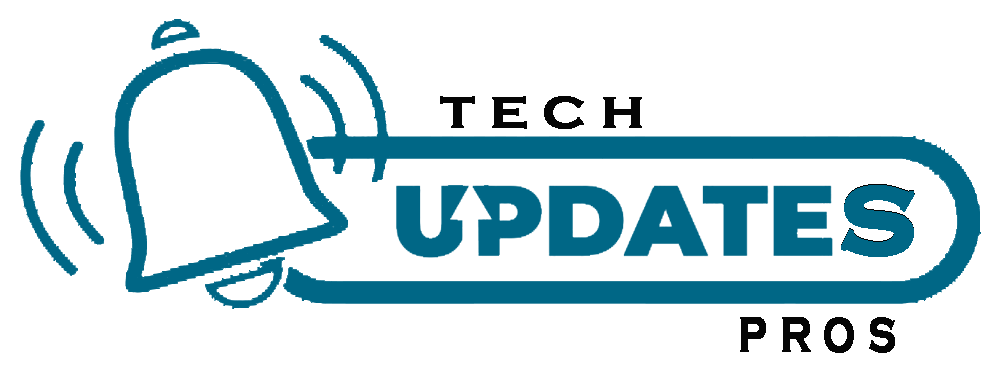Social media has become an integral part of modern life, revolutionizing how people connect, communicate, and consume information. Platforms such as Facebook, Instagram, Twitter, LinkedIn, and TikTok have transformed the digital landscape, offering unprecedented opportunities for individuals and businesses alike. What began as a way to stay connected with friends and family has evolved into a powerful tool for marketing, education, activism, and entertainment.
A Communication Revolution
Social media has dismantled traditional barriers to communication. It enables instant interaction, transcending geographical and cultural boundaries. People can now share their lives, thoughts, and opinions with a global audience in real time. This instant connectivity fosters a sense of community, bridging gaps that once seemed insurmountable.
Furthermore, social media has given a voice to the voiceless. Marginalized groups and individuals can use these platforms to advocate for change, raise awareness about important issues, and mobilize support. Movements such as #BlackLivesMatter and #MeToo exemplify how social media can amplify voices and spark global conversations on critical topics.
Transforming Business and Marketing
For businesses, social media is more than just a communication tool; it’s a cornerstone of modern marketing strategies. Companies leverage platforms to build brand awareness, engage with customers, and drive sales. The ability to target specific demographics with precision has made social media advertising highly effective.
Influencer marketing, a phenomenon born from social media, has created a new breed of digital entrepreneurs. Influencers use their platforms to promote products and services, often cultivating a level of trust and authenticity that traditional advertising struggles to achieve. This trend underscores the power of social media as a marketing juggernaut.
A Hub for Information and Education
Social media is also a treasure trove of information. News organizations, thought leaders, and educational institutions use these platforms to disseminate content quickly and widely. Users can stay informed about current events, learn new skills, or explore niche topics from the comfort of their homes.
However, the abundance of information comes with challenges. The spread of misinformation and fake news has become a pressing issue. Social media companies face increasing pressure to implement measures that promote accuracy and accountability while preserving free speech.
The Entertainment Factor
From viral dance challenges on TikTok to creative storytelling on YouTube, social media has redefined entertainment. It offers a space for creators to showcase their talents and build audiences without the need for traditional media channels. This democratization of entertainment has led to diverse and inclusive content, reflecting the varied interests of global users.
The Challenges of Social Media
Despite its many benefits, social media is not without drawbacks. Issues such as cyberbullying, addiction, and privacy concerns have raised questions about the platform’s impact on mental health and well-being. Prolonged use can lead to feelings of inadequacy, anxiety, or depression, especially among younger users.
Addressing these challenges requires a collective effort. Users must adopt responsible practices, while platform providers need to prioritize user safety and mental health. Striking a balance between innovation and ethics is crucial for the future of social media.
Conclusion
Social media is a double-edged sword, offering immense benefits while posing significant challenges. Its ability to connect people, empower businesses, and foster creativity is unparalleled. As we navigate its complexities, it’s vital to use social media mindfully and responsibly, ensuring it continues to serve as a force for good in society.




